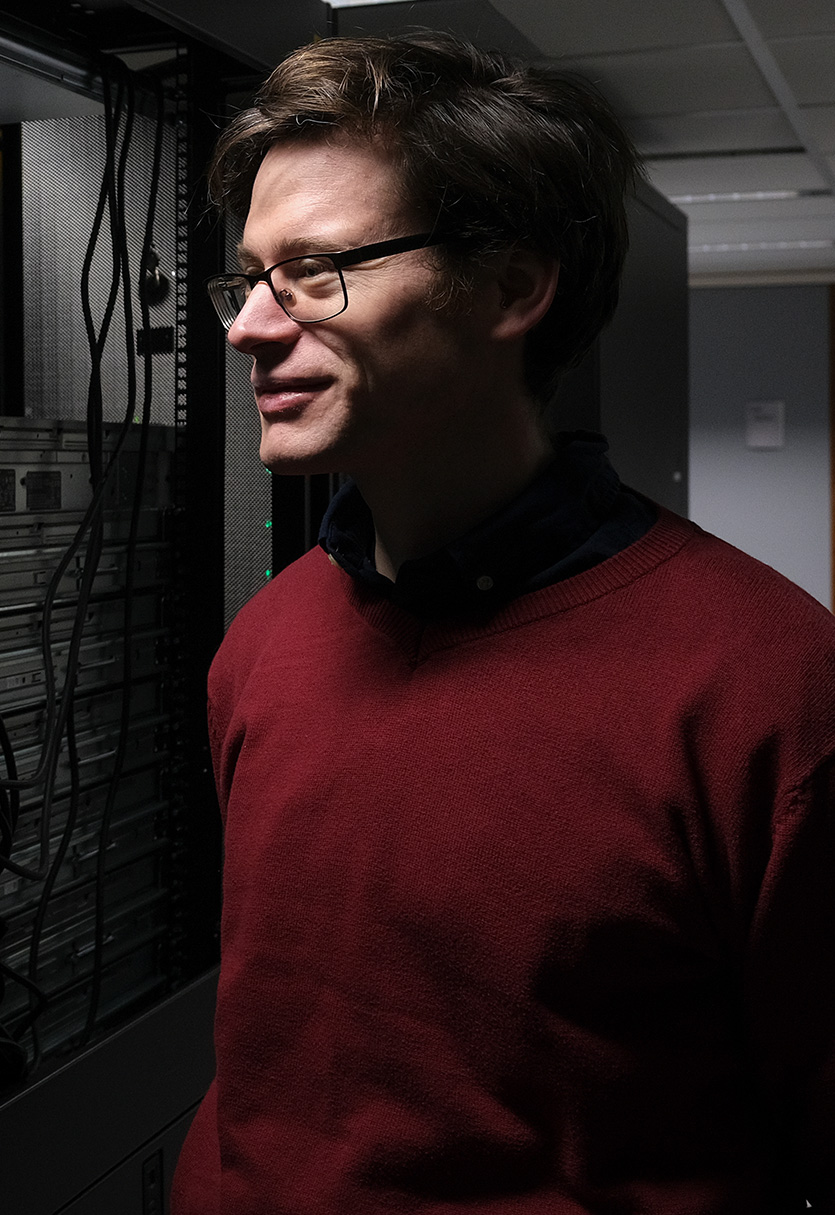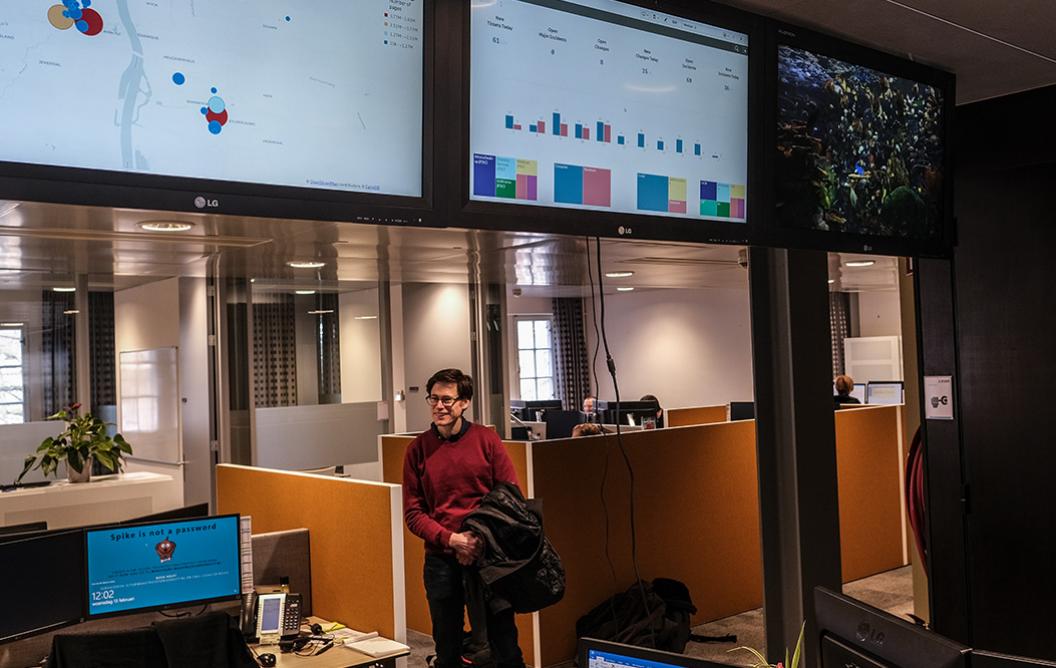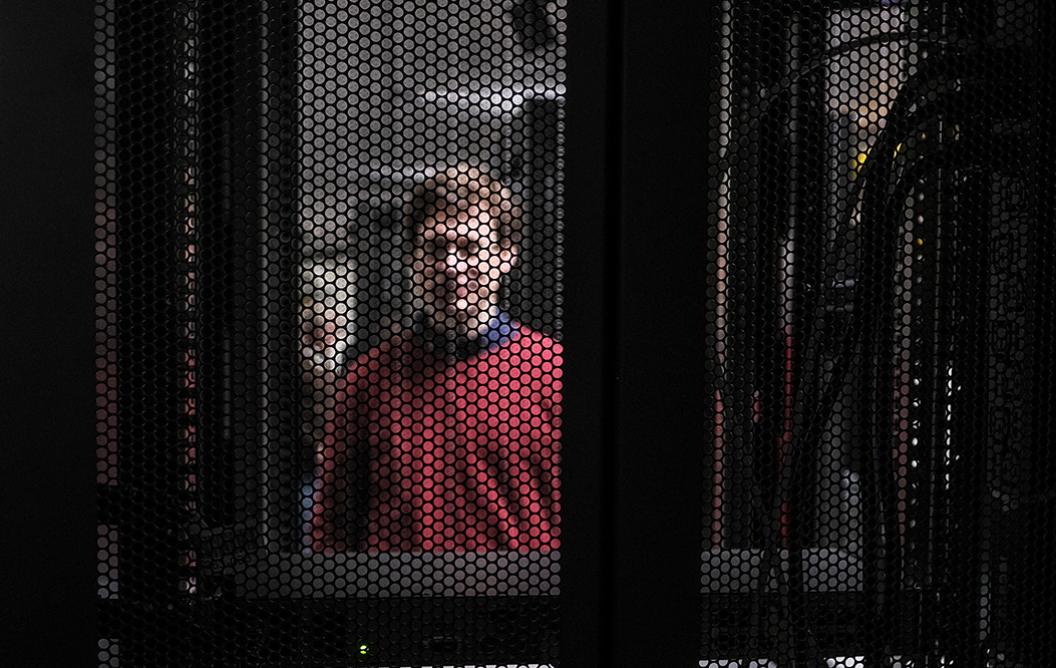To learn or not to learn…
…that is not the question. At least, not according to Mathias Staudigl. He is more concerned with the how of learning in and outside of game theory.

Learning from game theory
Staudigl doesn’t just apply this knowledge to his own field. “Classical game theory notions like regret have been part of game theory since the 50s,” he says. “Nowadays, it’s becoming very popular in machine learning, a subfield of artificial intelligence. While the connection with game theory is utilized, it’s only there in the background. The whole story about learning in games is actually a broader concept of what machine learning people are considering, and I’m very interested in joining those worlds. It’s not just me: in the European Network for Game Theory, we have an entire working group devoted to bridging these fields.”
GAMENETStaudigl chairs GAMENET, the European Network for Game Theory. The network unites computer scientists, applied mathematicians, economists, and operations researchers. Together, they form working groups to tackle societal challenges using game theory. |
Game theory in Maastricht
Coming to Maastricht was a natural choice for Staudigl. “Maastricht has a unique selling point: it’s traditionally rooted in game theory. The European hubs for this field are Paris, Israel and here.” However, when it comes to choosing a spot in the city that reflects his work, he found it challenging to find something sufficiently versatile. Hence, UM’s ICT Service Centre came into view. “There are so many things you can associate with computer networks,” he says, “that it reflects the variability of our work quite well. If I would have chosen something related to city traffic, people would have a predefined idea of what we do.”
Makes sense – after all, learning is quite difficult when your mind is clouded by presuppositions.
Maastricht University’s ICT Service CentreNearly every moment of the day, we communicate with each other and with technological systems. While it’s easy to take this fact for granted, it hides a world full of technology. Similar to how traffic agencies ensure safe and smooth traffic flow on the road, ICT professionals like the teams of ICTS ensure the safe transfer of data and a well-functioning network of systems. Did you know that ICTS:
|

